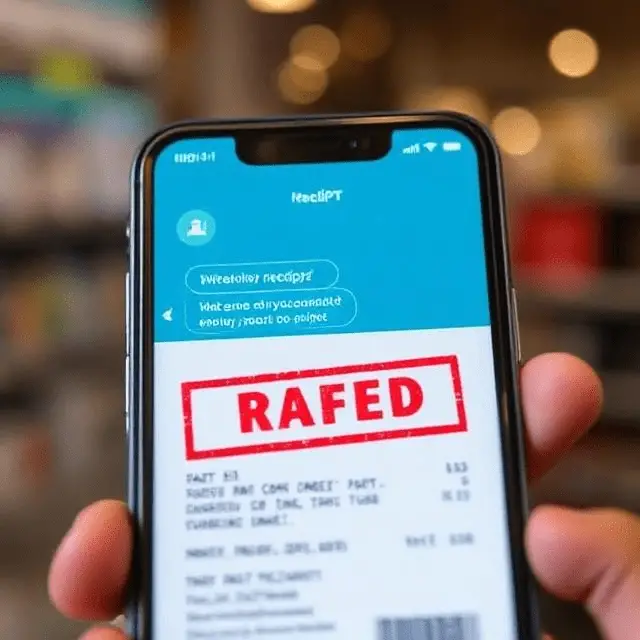
The advent of advanced AI tools like ChatGPT has introduced new challenges in cybersecurity, particularly concerning the creation of fraudulent documents and communications. Recent reports indicate that ChatGPT’s capabilities have been exploited to generate realistic fake receipts and other documents, posing significant risks to businesses.
A notable concern arises from ChatGPT’s image generation tool, which, according to Axios, can produce convincing fake documents such as receipts, job offers, and promotional materials. While OpenAI has implemented measures to prevent misuse, the tool still faces challenges with prompt manipulation, allowing malicious actors to create deceptive content. Although there are no confirmed cases of fraud involving this specific tool as of now, cybersecurity experts warn of its potential for misuse.
In a practical example, Gage, co-host of “All Things The Podcast,” admitted to using ChatGPT to generate fake complaints and obtain free meals from McDonald’s. By inputting fabricated negative experiences into the company’s feedback system, he reportedly received approximately 100 meal vouchers over nine months. This exploitation highlights the ease with which AI-generated content can be used to deceive businesses and manipulate customer service protocols.
The misuse of AI extends beyond fake receipts. ZDNet reported an incident where a security professional received an AI-generated phishing email resembling a legitimate invoice from Stripe, a payment processor. The email included a convincing PDF attachment, underscoring the sophistication of AI-assisted phishing attempts. Such incidents demonstrate that even individuals with technical expertise can be vulnerable to these advanced scams.
Moreover, the integration of AI into fraudulent schemes has led to a significant reduction in the cost of producing phishing emails. New Scientist highlighted that ChatGPT can be used to write phishing emails at a fraction of the cost of human-generated ones, potentially decreasing expenses by about 96%. This cost-effectiveness could lead to an increase in the volume of phishing attempts, further endangering businesses and individuals.
The travel industry has also been affected by AI-powered scams. News.com.au reported a 900% increase in travel-related scams over 18 months, with AI being a significant contributor. Phishing attacks have exploited AI to mimic genuine emails from companies like Booking.com, leading to substantial financial losses for consumers. These scams often create a false sense of urgency, pressuring victims to provide financial details through fake booking links.
As AI technology continues to evolve, it is imperative for businesses and individuals to remain vigilant. Implementing robust verification processes, educating employees about the potential for AI-generated scams, and staying informed about emerging threats are crucial steps in mitigating the risks associated with AI-assisted fraud.
